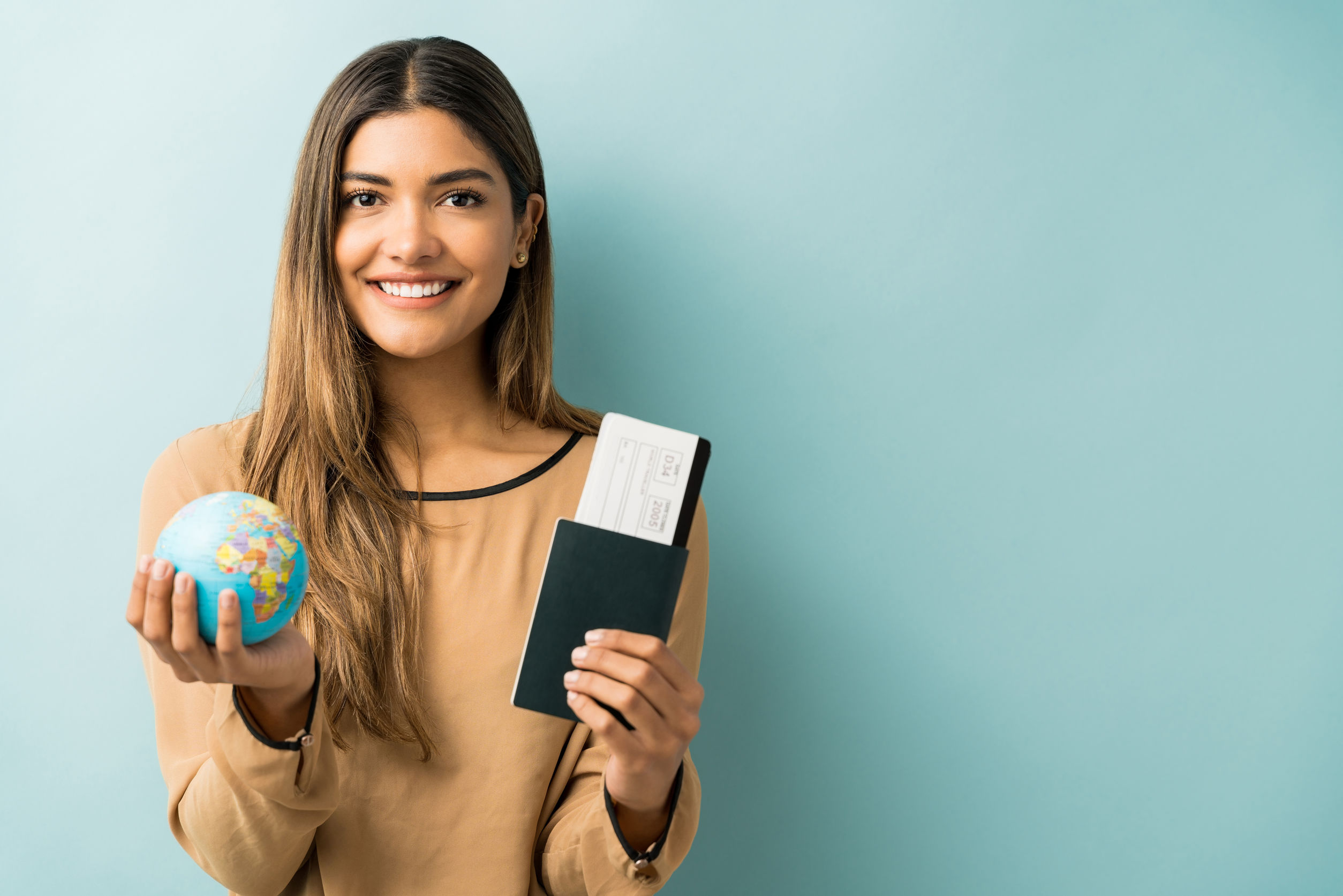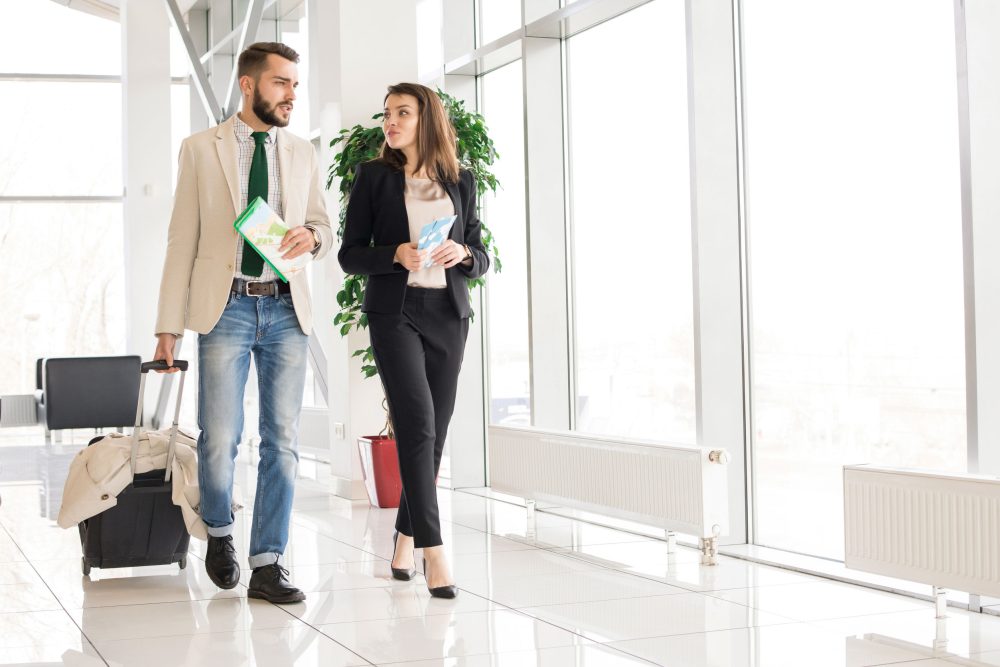The New Labor Code and the Amended Law on the Immigration of Foreigners In Vietnam have been passed recently. This New Amended Law On Immigration is due to take effect on July 1st, 2020 while the New Labor Code will start on January 1st, 2021.

Vietnam’s National Assembly has recently revealed that they are amending the law on immigration and residency of foreigners in Vietnam. These amendments were revealed last November 2019 and will come into effect on July 2020. The changes will apply to the Laws of Immigration for all foreigners living in Vietnam.
The first amendment has something to do with the changing of visa or immigration purpose. Under the existing immigration regulations, foreign visitors cannot change their visa while in the country. This rule creates an administrative hurdle for foreign residents, especially those who came to do business in Vietnam.
Thus, in order to provide a more efficient procedure for immigration, especially for foreign residents who are interested to invest, the Amended Immigration Law was created. The newly amended law will now allow foreigners to change their visa under the following four conditions:
The procedures involved in changing the visa or immigration purpose is still the same as the existing procedures. However, the foreign individual will no longer be required to leave Vietnam and re-enter again. This will save them time and money. Of course, it’s less hassle too because visa runs can be very exhausting.
According to Vietnam Laws, foreign individuals who entered Vietnam using a tourist visa or the DL visa are not permitted to conduct business or take up a job. But Vietnam authorities are fully aware that there are plenty of foreigners who are entering Vietnam using the DL visa and ended up working. This is a clear violation of the country’s labor and immigration laws.
In order to effectively manage foreign tourists who plan on working or doing business, the Amended Law has allowed a maximum residence period of 30 days for these foreign tourists regardless of the type of DL visa that they possess. However, they are given an option to extend the term of their residency if they need to.
The process involved in extending the foreign individual’s residency term will be the same with the usual procedure, which is in accordance with Vietnam’s Laws. However, the relevant immigration authorities must first re-assess your immigration purpose before granting the extension. So it will be up to them to approve or deny your request of extending your residency term.
The DN visa is the type of visa that will be given to foreigners who will work with a company. On the other hand, the LD visa is for those who will work for a company. This is what’s stated on the existing immigration rules of Vietnam. These rules are somewhat confusing to most foreigners. It can create misunderstandings during the application of a visa.
Thankfully, the amendments to the immigration laws aim to give clarity on these things. It defines the DN and LD visa based on the following:
It should be noted that the duration of both the DN2 and DN1 visas is 12 months or one year. On the other hand, the LD1 and LD2 visas are 2 years.
Hopefully, these amendments on Vietnam’s Law on Immigration can help make it easier for foreign investors to come. These investors can contribute greatly to the economy of the country. Above all, they provide jobs for the locals and help improve the lives of many.
[New 2020] Vietnam Immigration Law’s Amendment (Vietnamese Version)

The New Labor Code and the Amended Law on the Immigration of Foreigners In Vietnam have been passed recently. This New Amended Law On Immigration is due to take effect on July 1st, 2020 while the New Labor Code will start on January 1st, 2021.

Vietnam has recently amended the Law on Foreigner’s entry and exit into and from the country (Vietnam Immigration Law Update 2020). The law also covers those transiting and residing in Vietnam.

Vietnam’s National Assembly has recently passed a law that amends the existing laws of Vietnam Immigration (Vietnam Immigration Law 2020) when it comes to issuing visas to foreign visitors. The new laws apply to the entry, exit, transit, and residence visas in Vietnam.

Thousands of foreign tourists are now stranded in Vietnam after the government imposed several travel restrictions. The country’s Prime Minister has declared Covid 19 as a nationwide epidemic and has put the country on lockdown.

Getting a visa to Vietnam these days is so easy. Aside from offering free visa entry to certain nationalities under the visa waiver program, Vietnam also offers an electronic visa and visa on arrival to most foreign visitors.